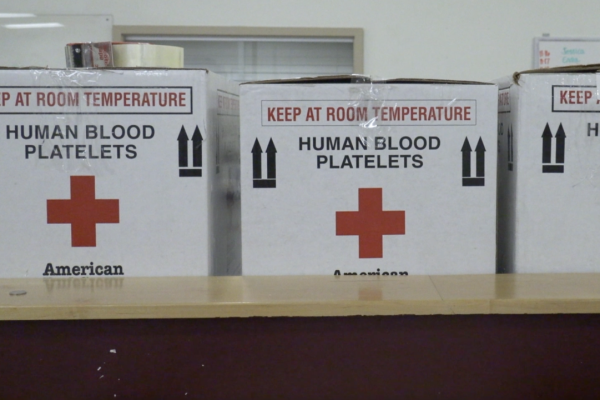
By Luke McGrath PENN YAN, N.Y. (NCC News) — Tariffs levied on the United States over the past year are beginning to pile on, especially for the wine industry.
In September China increased its tariffs on United States exported wines an additional ten percent after previously increasing the tariff 15% in April, according to the Wine Institute. Compounded, this brings the tax and tariff rate to about 79%.
These types of tariffs can effect what products China will purchase and what products the United States can afford to export, according to Fox Run Vineyards President and Co-Founder Scott Osborn.
“We’ve been expanding our export business both in Europe and in to China and you know we’ve expanded based on potential sales there and now we have to sit on product until hopefully things blow over,” Osborn said.
The Fox Run Vineyard does about 15% of its sales outside the U.S., according to Osborn. With these new tariffs the U.S. is often priced out as other countries with much smaller tax and tariff rates are able to sell wines for much cheaper.
Exporting overseas is one of the best ways to expand and grow his business and with the current tariffs he is going to have a much harder time doing so, Osborn said.
“If you want to expand and be an international brand and represent the United States and New York about wine you have to export and if you don’t export than you can’t expand,” Osborn said.
Osborn, who just had a Chinese order cancelled, said the inability to do business overseas has also led to an over saturated market in the U.S. as companies are trying to get rid of their product and are willing to sell it domestically for cheaper than usual prices.
“Where’s that wine going to be sold? The only outlet is within the United States and so all of a sudden we’re going to have a lot of very cheap, inexpensive wine being dumped on the market place of which I can’t compete with,” Osborn said.
Osborn is not extremely concerned the current tariffs will remain long term, but does not know what he would do if they remained in effect for the foreseeable future, he said.
“If the tariffs on wine continue that’s going to be a problem not only for me but for many other of my neighbors who export and for exporting wine from the state of New York, I mean it’s going to have a large impact,” Osborn said. “It effects how many grapes I’m going to purchase from local grape growers, how many tanks I’m going to purchase from the local tank manufacturer. I mean it effects all those things down the road.”




